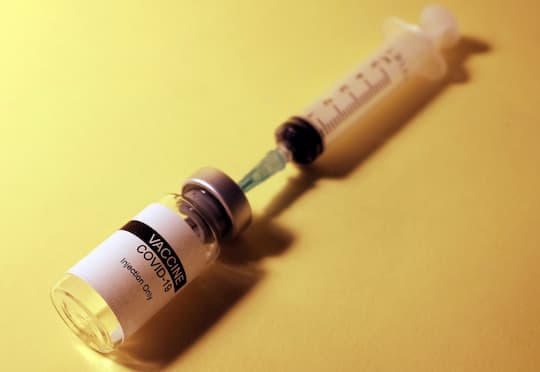Changing thoughts and behaviours increases vaccine effectiveness and duration of immunity.
Simple steps like getting enough exercise and sleep will boost the immune system and increase the effectiveness of COVID-19 vaccines.
That is because reducing levels of depression, stress and loneliness strengthens the body’s immune system.
A stronger immune system will, in turn, help trigger a stronger response to the COVID vaccine.
The researchers suggests that even doing some exercise and getting a good night’s sleep the day before receiving the vaccine helps ensure the body’s immune system is in the best shape possible.
A strong immune system also helps reduce the risk of side-effects from the vaccine.
Ms Annelise Madison, the study’s first author, said:
“In addition to the physical toll of COVID-19, the pandemic has an equally troubling mental health component, causing anxiety and depression, among many other related problems.
Emotional stressors like these can affect a person’s immune system, impairing their ability to ward off infections.
Our new study sheds light on vaccine efficacy and how health behaviors and emotional stressors can alter the body’s ability to develop an immune response.
The trouble is that the pandemic in and of itself could be amplifying these risk factors.”
The researchers reviewed 30 years of studies finding that psychological factors have a profound effect on immune system response.
Poor health, stress, depression and loneliness can all impair vaccine response.
However, there are many different methods to fight poor mental health and boost immune response.
For example, habitual moderate to vigorous intensity workouts can boost the immune system.
Even loneliness can be tackled to boost the immune system, despite lockdowns.
Ms Madison said:
“Prior research suggests that psychological and behavioral interventions can improve vaccine responsiveness.
Even shorter-term interventions can be effective.
Therefore, now is the time to identify those at risk for a poor immune response and intervene on these risk factors.”
Vaccines work by challenging the immune system.
The body’s cells recognise a potential threat and start to work against it — eventually producing antibodies.
Professor Janice Kiecolt-Glaser, study co-author, said:
“In our research, we focus most heavily on the antibody response, though it is just one facet of the adaptive immune system’s response.”
Changing patterns of thought and behaviour can help to increase vaccine effectiveness and increase the duration of immunity.
The study was published in the journal Perspectives In Psychological Science (Madison et al., 2021).

